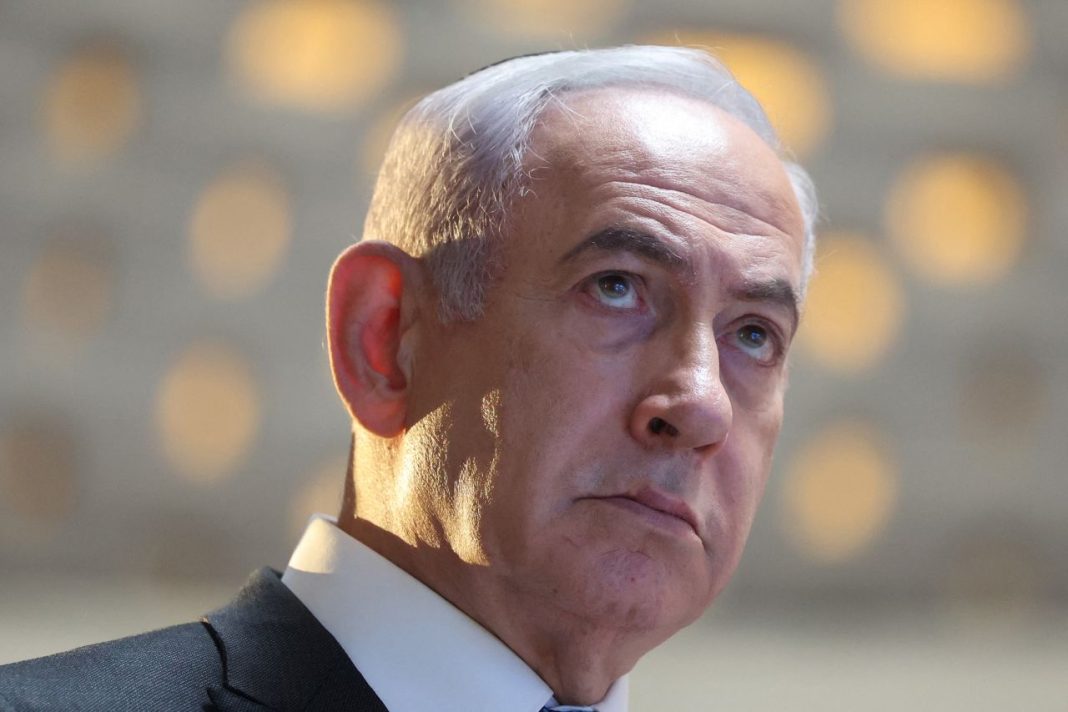Izzat Al-Rishq, a member of Hamas’s political bureau, was commenting on a speech by Netanyahu during which he insisted on keeping the Gaza-Egypt border area known as the Philadelphi Corridor under the Israeli army’s control, claiming it is necessary for achieving the war on Gaza’s goals.
“Netanyahu’s statements are the speech of a desperate person who is looking for an imaginary victory that he has not succeeded in marketing to his audience after 10 months of his Nazi war against our people in the Gaza Strip,” Al-Rishq said.
He “confirms with his statements that he is the one obstructing the exchange deal and the cease-fire agreement”, Al-Rishq continued.
He added that any delay in his “approval and commitment to what was reached on July 7 (in a cease-fire proposal) means putting the lives of more prisoners at risk,” referring to the recent deaths of six Israeli captives in Gaza, saying “Netanyahu bears responsibility for the lives and safety of the prisoners held by the resistance.”
Netanyahu had reaffirmed his intention to maintain Israeli troops in the Philadelphi Corridor.
“If we withdraw, we won’t (be able to) return there — not for 42 days and not for 42 years,” Israel’s Channel 12 quoted him as saying at a Cabinet meeting.
He was referring to the first 42-day phase of a proposed Gaza cease-fire and hostage swap deal with Hamas.
Netanyahu claimed that the Philadelphi Corridor, a demilitarized area on the border between Gaza and Egypt, is a “lifeline” for Hamas.
Contrary to his insistence on the Philadelphi Corridor, his Defense Minister, Yoav Gallant, called Sunday for the immediate convening of the Security Cabinet to reverse its decision to keep forces in the corridor.
Israel estimates that more than 100 hostages are still being held by Hamas in Gaza, some of whom are believed to have been already killed.
For months, the US, Qatar and Egypt have been trying to reach an agreement between Israel and Hamas to ensure a prisoner exchange and a cease-fire and allow humanitarian aid to enter Gaza. But mediation efforts have been stalled due to Netanyahu’s refusal to meet Hamas’s demands to stop the war.
Israel’s ongoing war on the Gaza Strip has killed nearly 40,800 Palestinians, mostly women and children, and injured over 94,200 others, according to local health authorities.
An ongoing blockade of the enclave has led to severe shortages of food, clean water and medicine, leaving much of the region in ruins.
Israel faces accusations of genocide for its actions in Gaza at the International Court of Justice.
